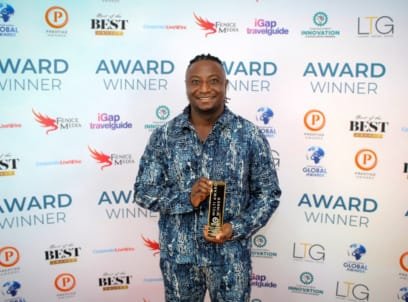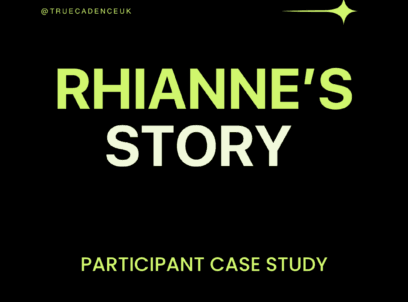Slam poet Bohdan Piasecki incorporates Polish roots into his poems, encouraging non-English speaking artists to express their identity.
It was early morning when I sat down with Bohdan Piasecki, a Polish-born poet based in Birmingham, in a local café shop. Dramatically overprepared, I filled the table with my notebook, laptop, and a printed question sheet. Luckily, he did not seem to mind – quite the opposite; the friendly warmth of his voice and his down-to-earth personality put me, as an interviewer, at ease.
I ran into Piasecki for the first time during a slam poetry night at Birmingham Hippodrome, where he performed. As he took to the stage, Piasecki shared how he navigates building a life in the UK, where he arrived for his PhD in 2006. While delivering his poem “My Son is Crying”, Piasecki experimented with his native roots, blending Polish with English to illustrate how he speaks to his British-born children. Through emotional presence and crafted storytelling, he transported the audience into his inner world.
Speaking for True Cadence, Piasecki demonstrates what makes slam poetry a powerful tool of expression. We discuss how his desire to bring people closer to poetry led him to niche places like Tokyo clubs, tramways in Paris, an airfield in Germany, as well as BBC radio, and Birmingham Repertory Theatre. Piasecki also touches on poetry’s ability to give voice to minorities and advocates how being a multilingual artist is a valuable attribute.
Piasecki is the 2023 Forward Prize Winner for Best Single Poem Performed – “Almost Certainly”. Apart from his artistry, Piasecki is a founder of poetry slam in Poland, a facilitator, producer, academic and translator. He has worked as Director of Education on the Spoken Word in Education MA course at Goldsmiths University and the Midlands Producer for Apples and Snakes. Currently, he works as an Assistant Professor in Creative Writing at the University of Birmingham and sits as a Creative Producer on the board of the Poetry Translation Centre.
Poetry has been present in your life quite early on. What drew you towards it?
I was a really bookish kid, lucky enough to grow up in a house full of books back in Poland. I started reading things outside my age range quite young, including poetry. Now that I am working with poetry, I have met a lot of teenage poets who write amazingly well, but I was very much the stereotype who wrote horrible emotional “nobody has ever felt the way I do” poems.
What was your motivation behind creating Poland’s first poetry slam?
After finishing my Masters in English Lit, I started looking for places where poetry existed outside of education. I looked into readings, but they were not designed to get new people into poetry. At the same time, I discovered spoken word and slam, and I was like, this is brilliant! It seemed like something open and accessible, with a format that’s pretty much a joke and still makes space for all kinds of voices. And because it’s different, you can be serious, you can be you; you can be anything you want.
“I know how transformative it can be when people realise poetry is also for them.”
How different is slam poetry from traditional page poetry?
Slam poetry means poetry that happens at slams (a competition for spoken poetry). In spoken poetry, you write with the idea that your poem will be heard by an audience, whereas in page poetry, it will be read from a page by a reader.
Historically, the print had a very set way of becoming a published poet and naturally, voices that were less represented would gravitate towards the spoken word. This also meant the literary establishment thought the spoken word wasn’t really serious.
But slowly, the discourse is moving past page versus stage. You don’t have to be one thing – you see poets who started in one medium being amazing and then the other. You realise you can pick the best medium for the thing you’re trying to make rather than define yourself.
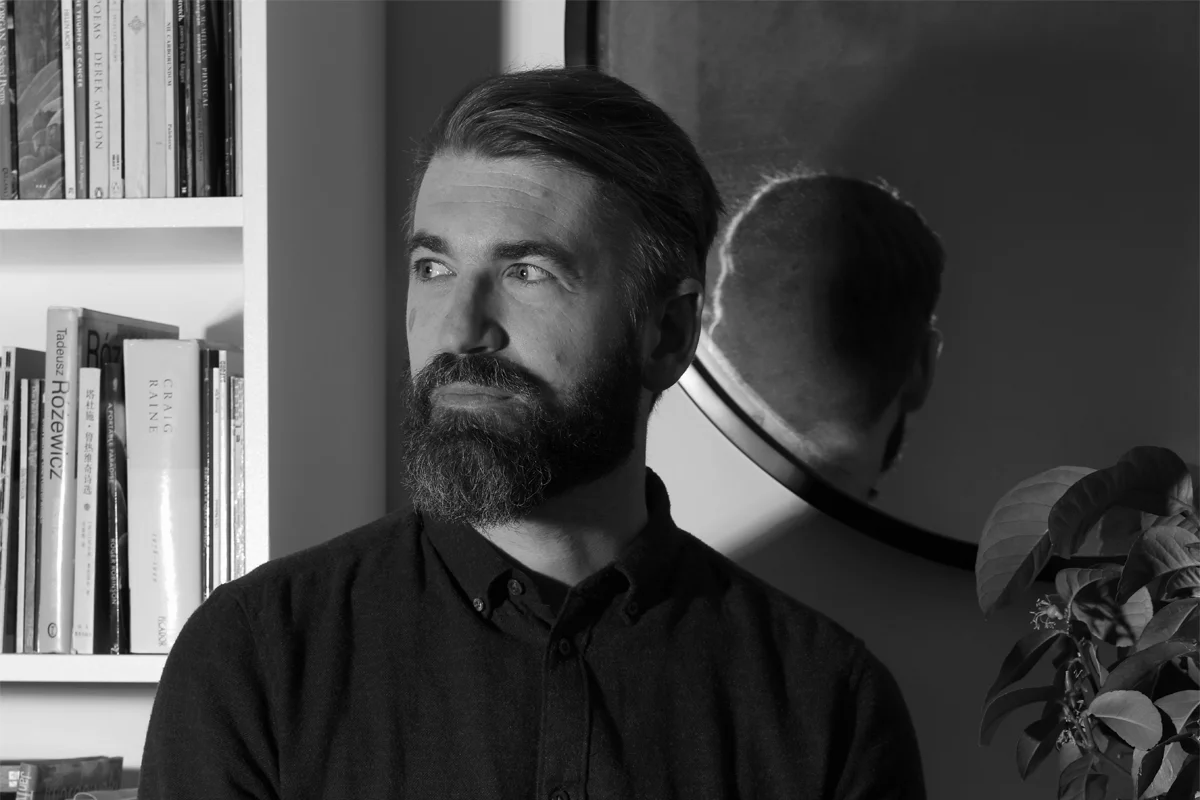
You’ve taken your poetry to squats, boats, tramways, buses, or second-hand shops. Why is performing in different settings important to you? Does it change the way you perceive poetry?
I know how beautiful and transformative it can be when the switch flips, and people realise poetry is also for them. The way it’s taught sometimes makes people not even consider poetry as something they can enjoy and consume. And taking it outside of places reserved for it, going out where people are, and meeting them on their terms is just incredible. And it’s also hugely inspiring when you realise that writing exists beyond your small circle. The entire forms, cultures, and movements will happily welcome you, and you bring some of it back with you.
“There is a simple power of taking control of your own story. I’ve seen it change people’s lives without hyperbole.”
How do people usually react when you perform in public spaces?
Mostly, they react positively. If you’re in a public space, many of them are not there for you. You’re interrupting their normal rhythm, so you have to quickly establish contact and somehow make it okay that you are messing with their routine.
During the Poetry Slam World Cup in Paris in 2007, they promoted their event by sticking poets on buses and trams. We also had a person from the transport agency with us, but they were the same people who normally check tickets. So, when we got on the bus, everybody would see the person’s uniform and start nervously looking for their tickets. But then we could tell them, “Don’t worry, they’re not here to check your tickets; we are just going to do some poems,” and people were so relieved. We already started with some positivity; we scared them, but it worked (laughs).
As a workshop facilitator, what motivates you to help young people express themselves through poetry?
I genuinely love doing it. There is a simple power of being listened to with respect and taking control of your own story, especially if you are part of a group whose story gets told in the media a certain way. When you work with groups like this, the goal is not to turn everyone into a professional poet but to help people feel heard, seen, and in control of how they talk, what they say, and what stories they share with the world. I’ve seen it change people’s lives without hyperbole.
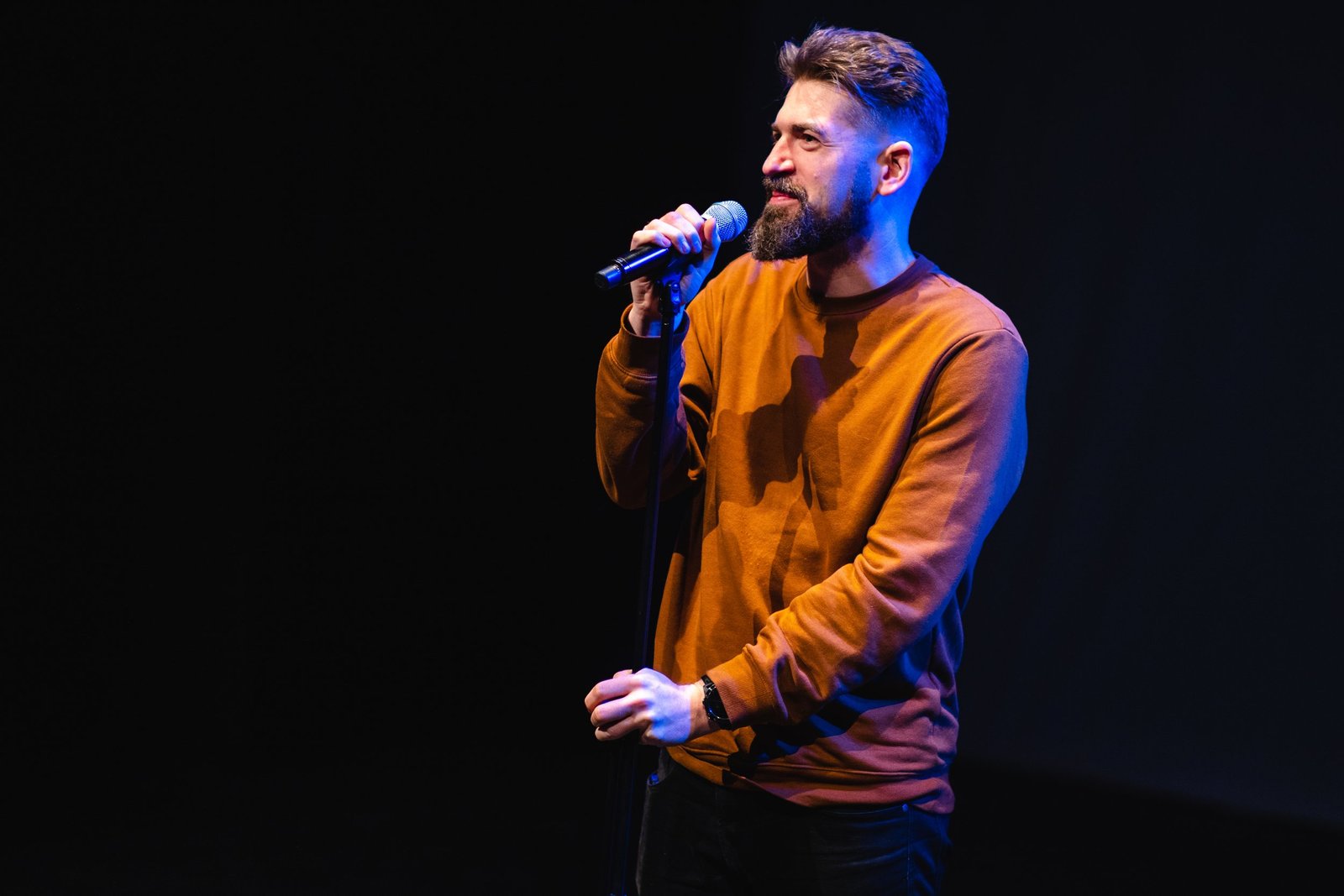
Do you think poetry can be a form of activism?
Sometimes, it’s worth questioning why something needs to be a poem. Poetry can be at its most interesting, attractive, beautiful, and powerful when there’s room for people to make their own meaning. And the more you boil it down to a simple message, the less space you leave for others.
But poetry can, without a doubt, be a form of activism. Surge by Jay Bernard researched the New Crossfires, which were an absolute tragedy affecting people of colour in the 80s. In the show that came with it, there were different voices, and different styles. It did something that only poetry can do – looking at something from different sides, including the emotive side and the linguistic side, there’s a mix of different English and patois. It’s beautiful, and it makes the story come to life.
Is there something you advocate for through poetry?
I just try to claim some space and be visible as someone from Poland in a context in which people don’t expect us as much. I perform in Polish as much as I can, including to audiences who don’t speak the language and then challenge some of the narratives around Poland and, more widely, Central and Eastern Europe. There’s a huge community of immigrants from those countries in the UK now. They are not that visible in the media, and if they are, it’s almost always in a narrow set of contexts.
What do you enjoy about blending Polish and English in your poems?
It gives me access to another language and a whole other frame of reference to create unique meaning. And that’s one thing that performance has as opposed to, or less than, print. Everybody’s heard of the death of the author, but in the performance, the author is physically tangibly there. This means you can use who you are as another way to create meaning. You can create friction, dissonance, and all kinds of things just by using your presence on stage. That’s another way that being Polish is an advantage for me.
“All the themes have already been written about. What’s new is the voice of the person who is writing, their idiolect, personal mix of languages, their way of thinking and set of metaphors inbuilt in their language.”
Your poem “I Live Here” says, “I live here, but I’m still not quite fluent in rain”. Can you ever become fluent in the rain?
That’s a very good question, another poem, maybe. I think you can reach a point where you decide that wherever you are is where you want to stay, with your understanding of the rain and then feel comfortable there. And then, who gets to say whether this is fluency or not? Yeah, getting to a point where you can self-define the view.
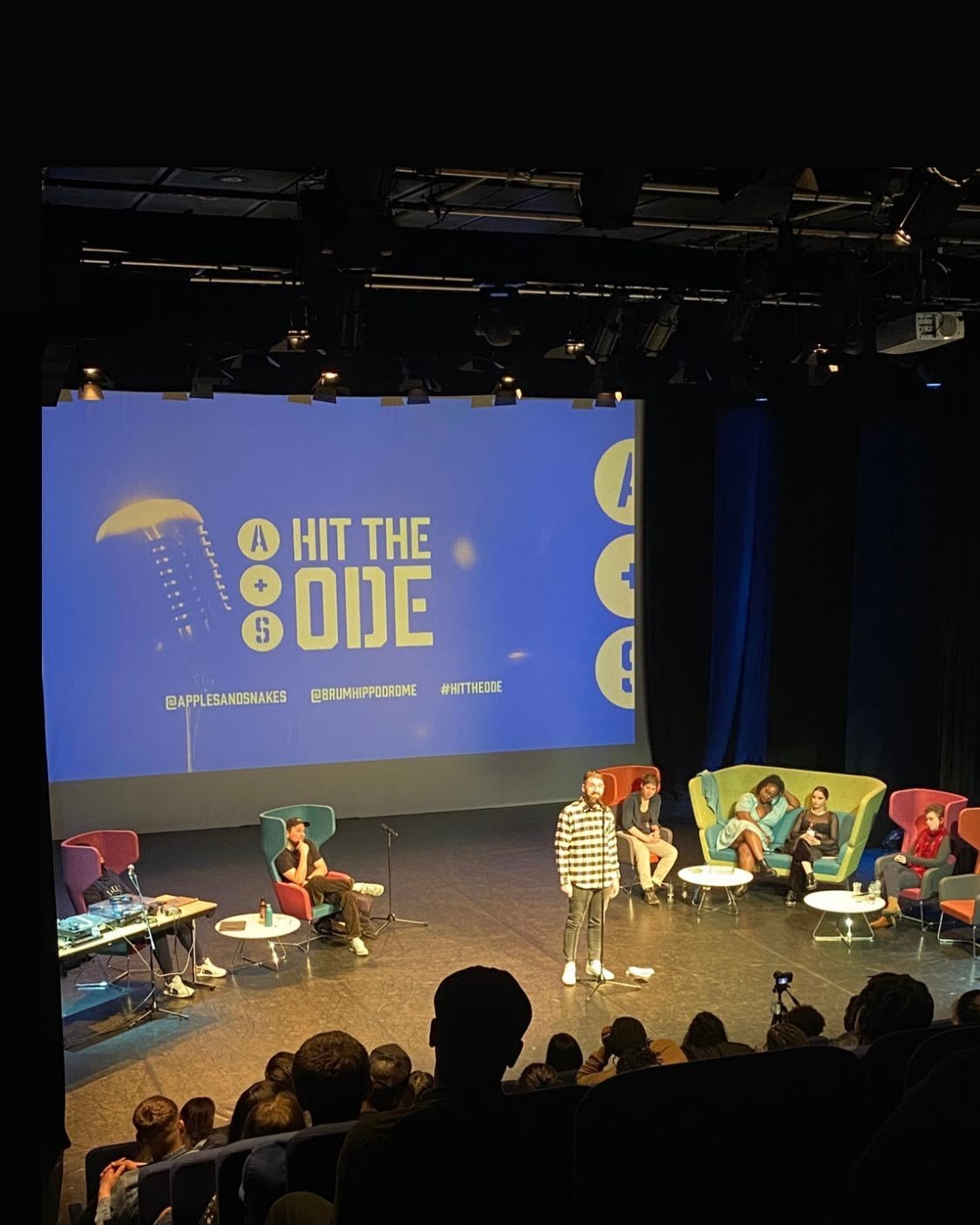
You mentioned it took a lot of courage until you allowed yourself to write and perform in English. What would you say to other non-native English speakers who feel similarly?
I’ve worked with people who are first-generation immigrants and second, third or fourth-language speakers of English. All of them have incredible advantages. I don’t open a book of poems, telling myself, “Oh, I hope all of these are grammatically correct”. All the themes have already been written about many times over. What’s new is the voice of the person who is writing, their idiolect, personal mix of languages, way of thinking, their own set of metaphors inbuilt in their language. It’s often framed as a disadvantage, but genuinely, it’s a huge advantage that more and more people should feel allowed to explore.
So, where should we start if we want to have a go at slam poetry?
What can be hugely helpful is to find a tribe. Most places you may live will have an open mic; go check it out. You don’t have to perform; just sit in the back seat and see if the vibe is right. And then, if you’re so inclined, you can share something, honestly not worrying about form or mastery of language or accents or even correctness. Most of them are welcoming and will be happy to have you. You can make friendships there that can make you feel not just accepted; you can feel celebrated.

